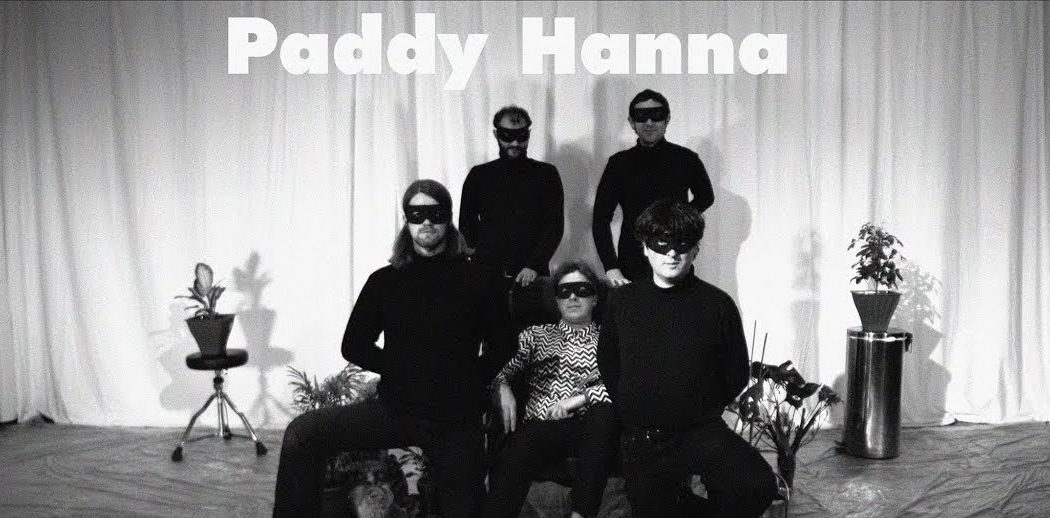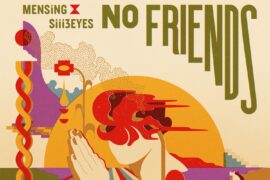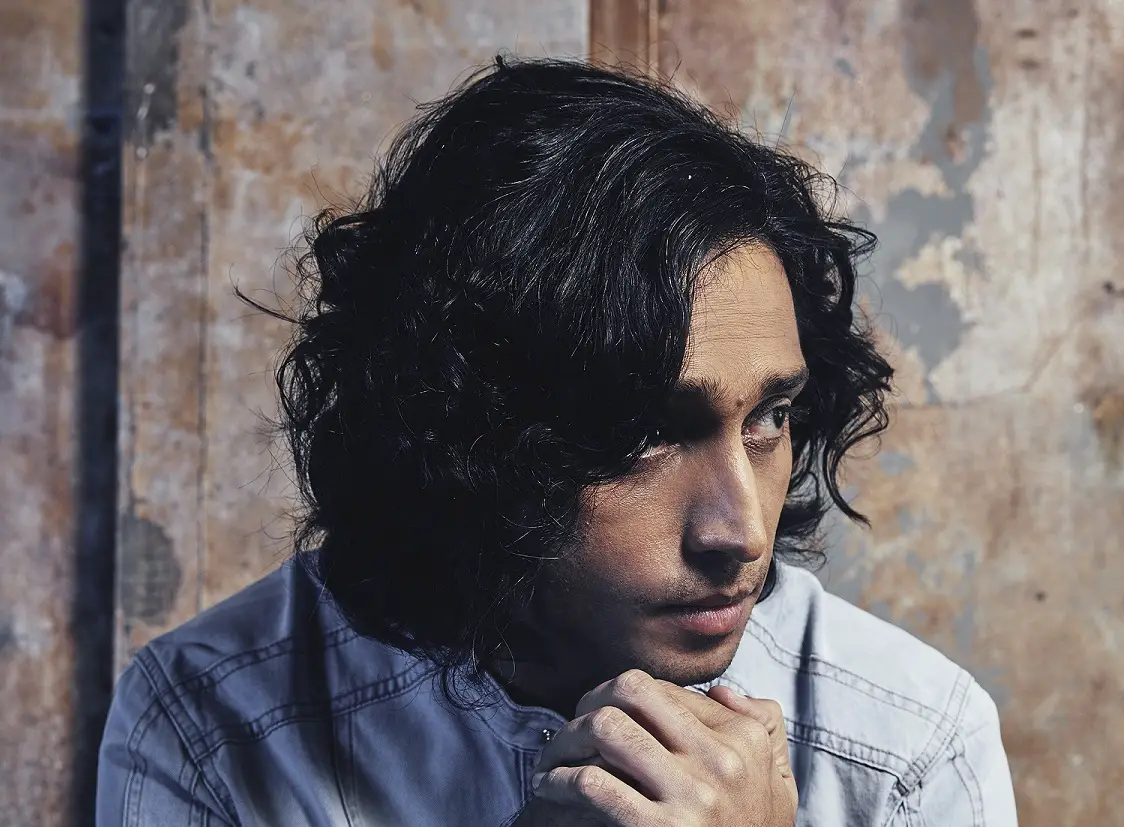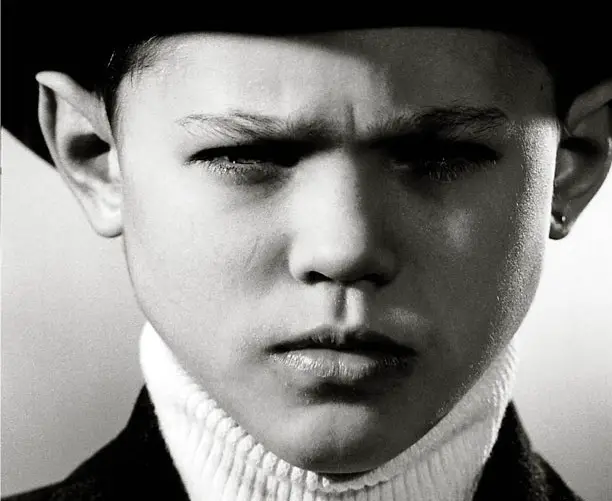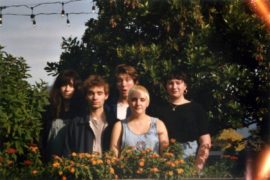Shadows of yesterday fall over Paddy Hanna’s timeless ghost story, ‘The Hill’.
Stream: “Cannibals” – Paddy Hanna
While Paddy Hanna’s music holds a silky resonance that makes it feel forever of the now, he always knew he’d write an album about the past. The Irish minstrel, who seemingly reinvents himself with every album, wanted to address the failings of the past. Not necessarily his own ghosts—there’s enough of that on his previous records Leafy Stiletto and Frankly, I Mutate—but the mistakes of his country. Mistakes he was too young to do anything about, but that he carries the guilt for anyway. It was not a question of if, but when. It turns out, when is now, thanks to The Hill.
“I only realized halfway through it was this album,” says the charismatic Hanna by phone, explaining the lightbulb moment when he knew this would be The Hill’s thematic centre. “It was a great moment. We were having cans, it was like 12 o’clock at the midway point [of recording]. I was outside, smelling the air and I looked further up the hill where I could see some houses and it was like Usual Suspects, where all the voices and all the things come together and I was like ‘oh my god we’re making that album right now.’”
A great lover of anything horror, it feels natural for Hanna to write a ghost story. His albums are loaded with a sense of mystery just out of reach. Seeing Hanna’s career as a whole then—from the art-rock of Grand Pocket Orchestra to the feet-finding effort of Leafy Stiletto through the eccentric deep-dive of TKTK on Frankly, I Mutuate—The Hill is a natural stopping point.
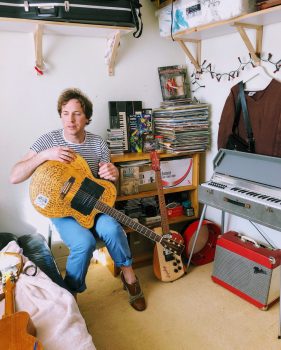
But what’s obvious now isn’t always clear at the outset: It was only in reflection that Hanna knew this was the kind of album that should be played around a campfire.
“Most ghost stories you don’t realize are ghost stories until the end. The twist is that they’re a ghost and it’s like ‘holy shit this was a ghost story’,” Hanna explains. “In some ways finding the heart of the album was something we developed during the recording process. Recording the album was like solving a mystery.”
The people your guardians told you were monsters, were not monsters – they were just different.
Hanna writes off a mood board. Above his desk in the home-office he creates out of, it is sprinkled in gold writing attempt to capture the sense of where his albums are heading. Out of these simple words, an album flows. An album which has a thought-provoking concept behind it: Ireland’s tumultuous past, it’s mistreatment of the most vulnerable, and the guilt that puts on the present.
The album’s narrator takes you into their world, allowing you take part in the eerie mystery of where the evil really lies—like a good ghost story should: “It’s essentially the internal monologue of the central character dealing with the past as they are in the present. It’s all internal monologues, and when you factor in the found sounds, it’s basically stepping into their head. You can hear the atmosphere around you. You want to be able to smell the air.”
“It’s set up in the framework of growing up in Ireland as the Catholic Church’s grip on the nation was still rather tight,” Hanna continues. “And basically being too young to realize that the people your guardians told you were monsters, were not monsters—they were just different.”
It all “goes from a sense of horror, to a sense of anger, to a sense of sadness that these so-called monsters were maligned in such a way,” he adds—and the album follows this framework to the note: The horror soundtrack feel of “Cannibals” is knocked down a couple of tracks later by the palpable frustration of “Nameless”, a track about “the people who you’re told you can’t talk about.”
The Hill’s melancholic middle is eventually toppled at the end by “Colosseum,” a track that offers solace: “There should be some kind of hope here. There should be a sense that we can better ourselves.”
With the new record it was all about deep flavours; the new record is a very hearty stew.
The sense of wandering alongside your narrator, living in their thoughts and—more importantly—feeling their guilt, comes from his use of using the Irish town they were in as an instrument:
“It’s a seaside town and there’s an old, worn down boat yard that we went to and himself [drummer Adam Faulker] and Jamie, who was the tech on the record, just banged all sort of stuff around the boatyard and then we hid those sounds in the album,” says Hanna. “Also, we went out one day to a beach and to an abandoned train station and we just kept finding materials that we thought ‘oh we could hit this, we could hit that’ and then on the last night we set everything up in the front garden—almost like an improvised drum kick—and Adam rolled himself a large spliff and basically recorded everything outside. So pretty much every song on the record has some kind of ambient quality of the place we recorded it in.”
Long instrumentals encourage this stroll through the hills and the consciousness of your narrator, with Hanna’s brooding voice the only thing keep you from getting completely lost. While examples of this abound the album’s stand out is all Hanna, who is calmly reciting a “journal entry” over the incredibly entrancing “Jog On Shall We.”
Somehow I think about him more than legitimate stars
Thespians, tightrope walkers, self-help gurus, Nobel prize winners, wrestlers
Most bands I’ve ever heard of frankly
The mime who couldn’t stand still,
And constantly coughed
Maybe that’s the root of this whole scam
My heroes are always underachievers
Bordering on spoken word over surprisingly optimistic music, the music swells and heads off into areas you never thought you’d be when you hit play. It’s as unexpected as it is enjoyable.
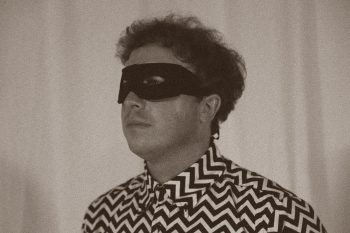
***
Supported by an all-star band that includes famed Irish uproducer/Girl Band member Daniel Fox, his Girl Band bandmate Adam Faulker and Daniel Fitzpatrick—who has one of Ireland’s most underrated albums of the last decade under the name Badhands—Hanna’s ideas are fleshed out into lush, moving arrangements that permeate The Hill. “I don’t tell Daniel [Fox] what to play on bass. Daniel Fitzpatrick’s guitar work is mostly his own. If you’re going to work with really creative people, get them to put some of themselves on the record, otherwise what’s the point?”
“Depth to me, is really important on a record,” Hanna says. “I don’t like posh sounding records because it’s like ordering the most expensive thing on the menu: You’re just wasting your money on something that’s not a burger. ‘Ooh, I’ll have the lobster,’ just have the fucking crab, it’s nicer and half the price,” he says with a laugh. Turning serious, he adds: “ You know when some guitar band who recorded in the world’s most expensive studio and it’s just like ‘where’s the depth?’ Everything sounds big but there’s nothing in the background. Where’s the flavour? With the new record it was all about deep flavours; the new record is a very hearty stew.”
Like most ghost stories and horror movies, there’s a morality underlying The Hill: A sense that our past sins influence the future, and that those complicit in the crime need to someone atone. It’s a thought-provoking album that is as repeatable for it’s message as it’s killer songs.
“It’s tragic, you know. You think of so many lives that were not ended, just brushed under rugs,” says Hanna reflectively. “It’s coming to grips with and trying to get over the past in Catholic Ireland while also trying to reconcile that the monsters were not monsters at all.”
— — — —
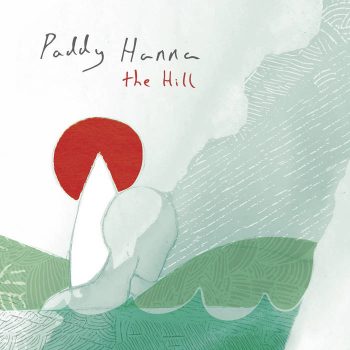
Connect to Paddy Hanna on
Facebook, Twitter, Instagram
Discover new music on Atwood Magazine
? © 2020
:: Stream Paddy Hanna ::

